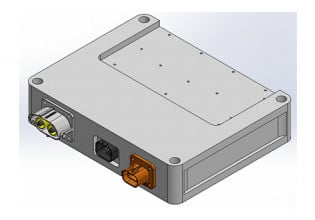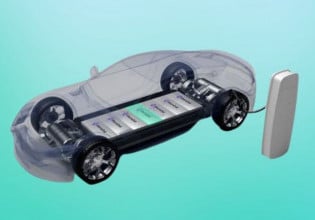Shai Agassi, former SAP AG executive, has announced the formation of Project Better Place, an entity focused on developing a sustainable, environmental solution for converting country-wide transportation systems toward electricity and away from fossil fuel.
The company claims that it will deploy the regional and global infrastructure to support electric vehicles on a country by country basis. Project Better Place will establish a widespread grid of electric charging spots at current parking locations as well as battery exchange stations through software systems integration. These capabilities will provide consumers with the energy to keep their cars charged and driving without the need to wait for electricity at any point. The new grid presents a practical solution to address barriers to electric vehicle adoption.
Agassi will serve as CEO of the new entity, while Idan Ofer, Chairman of Israel Corp., will serve as Chairman of the Board. The company has entered into a term sheet for its first round of funding in the amount of $200 million with investments from Israel Corp., Morgan Stanley, VantagePoint Venture Partners, and a group of individual private investors managed by Michael Granoff, which includes James Wolfensohn, Edgar Bronfman, Sr. and Musea Ventures.
Project Better Place will focus in phase one on establishing a repeatable framework, implementing electric recharge grids through local operating companies in multiple countries. In addition, the company will secure partnerships with a supply chain of car makers, technology providers, and global and local financing institutions. The company is currently in discussions with various governments to establish pilot sites, with plans to begin rollout of the new infrastructure in early 2008.
The business model for the electric cars will be similar to that used by mobile phone operators. In the same way that wireless operators deploy a network of cell towers to provide an area of mobile phone coverage, Project Better Place will establish a network of charging spots and battery exchange stations to provide ubiquitous access to electricity to power electric vehicles. The company will partner with car makers and source batteries so that consumers who subscribe to the network can get subsidized vehicles which are cheaper to buy and operate than today’s fuel-based cars. Consumers will still own their cars and will have multiple car models to choose from.
Project Better Place will deploy and test this framework over the next 24 months in a variety of launch markets, after which it plans to deploy hundreds of thousands of vehicles annually, across multiple markets. The company anticipates achieving tipping-point saturation in early markets within 10 years of rollout.






